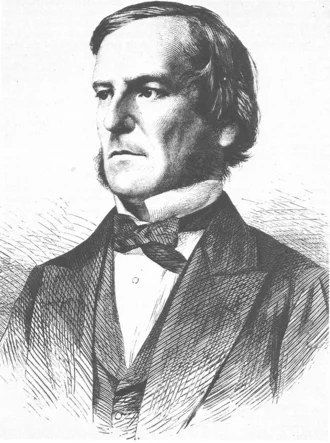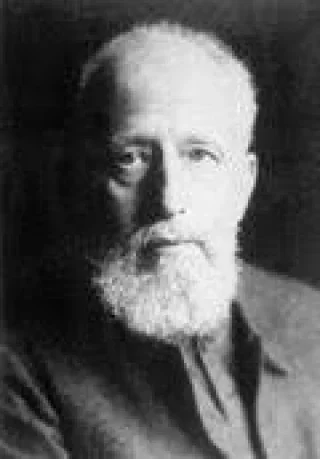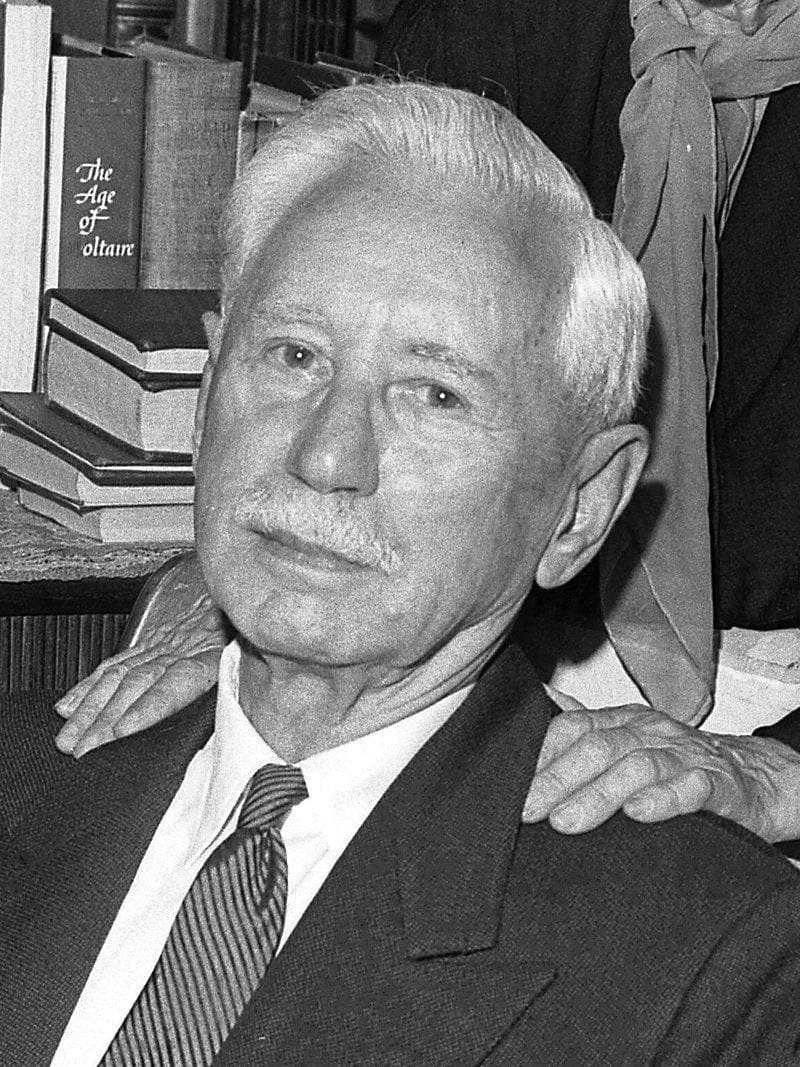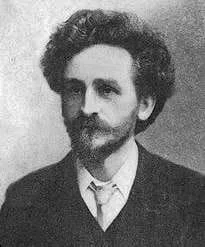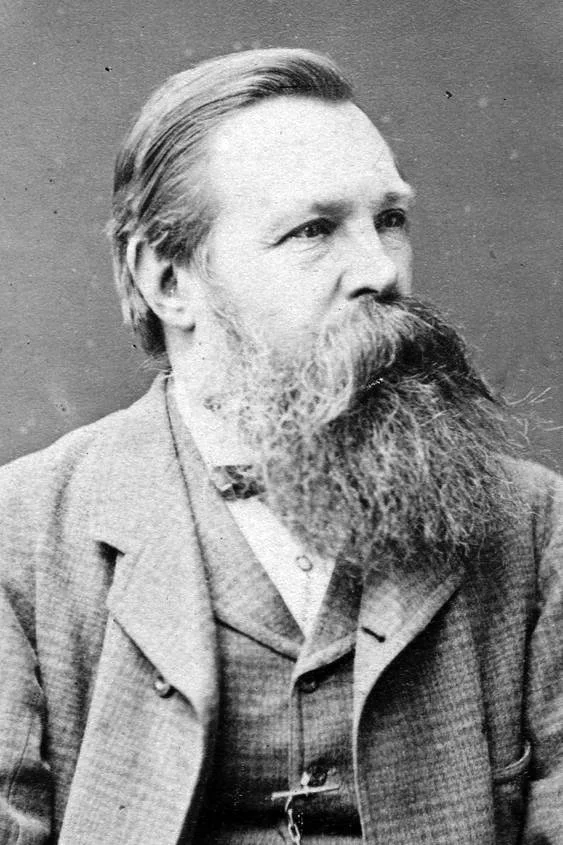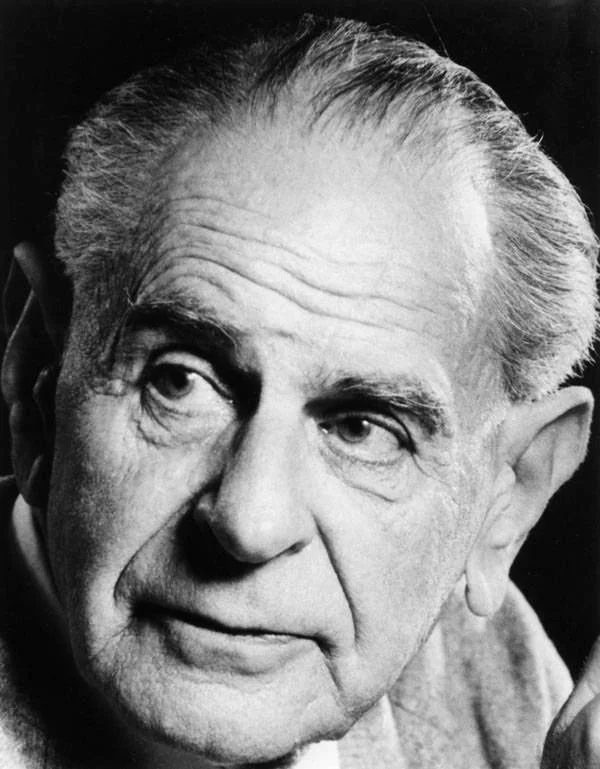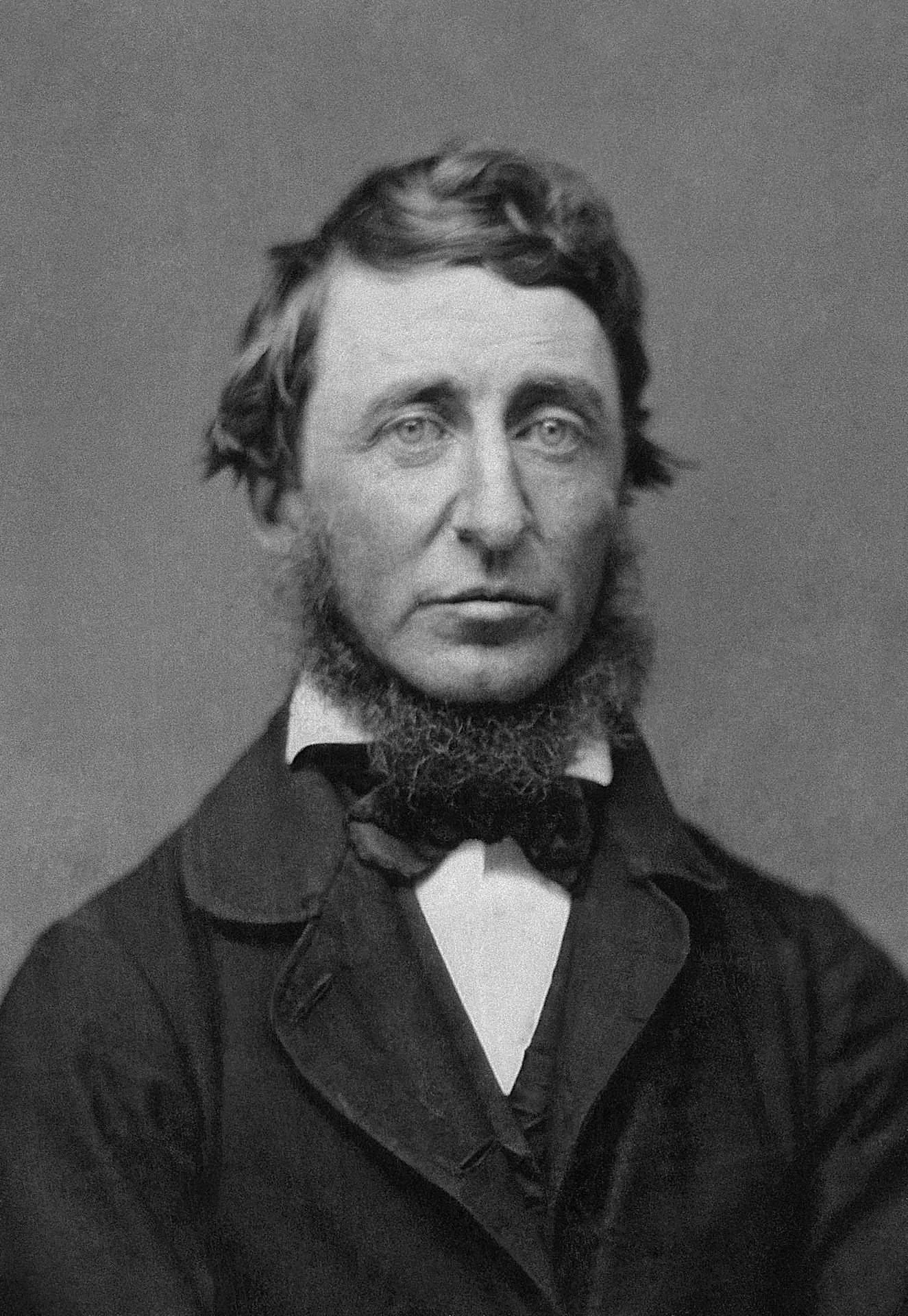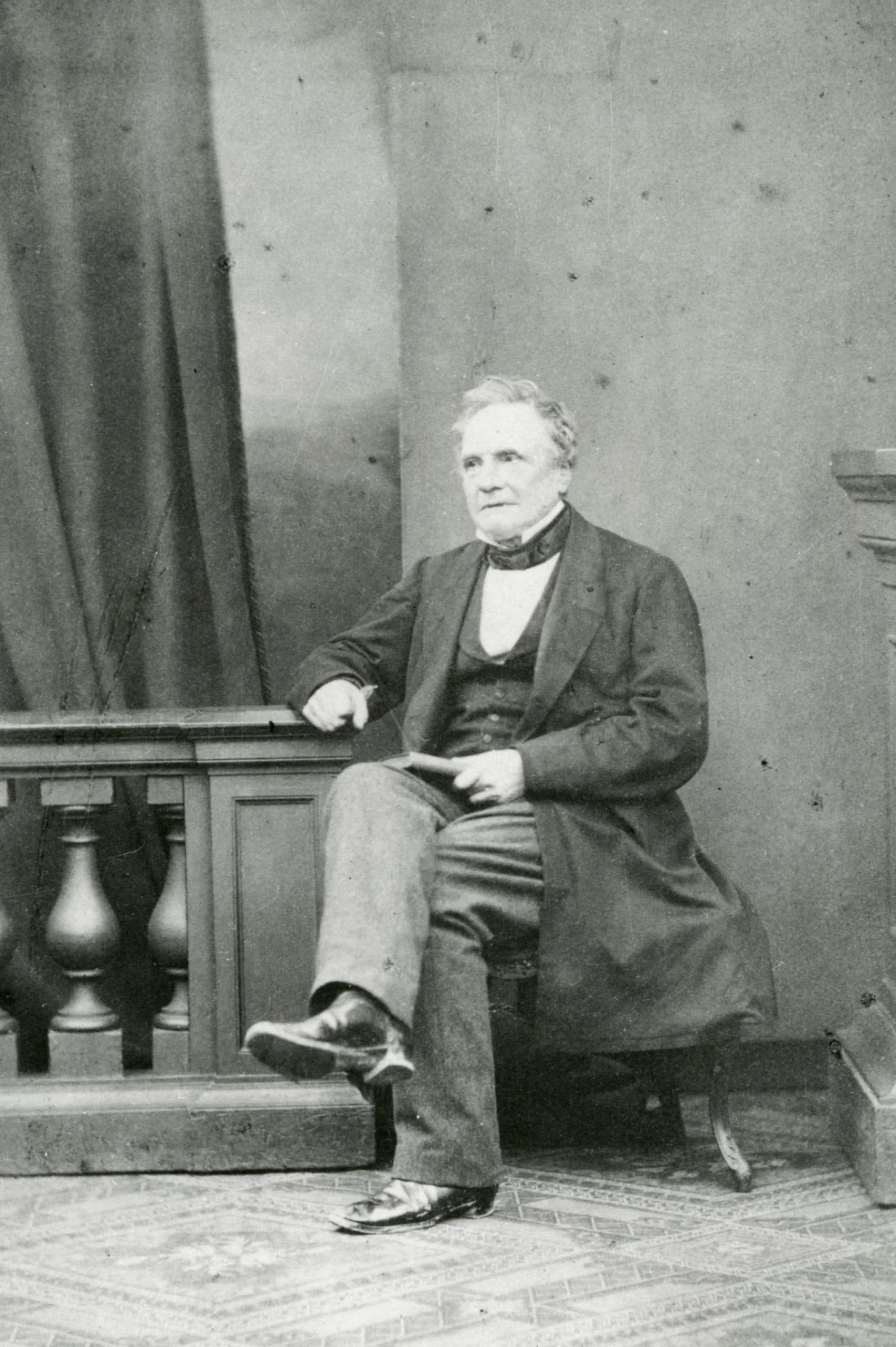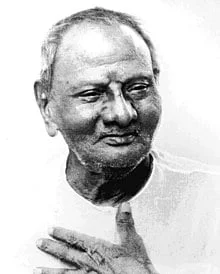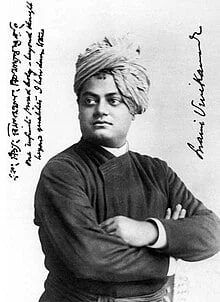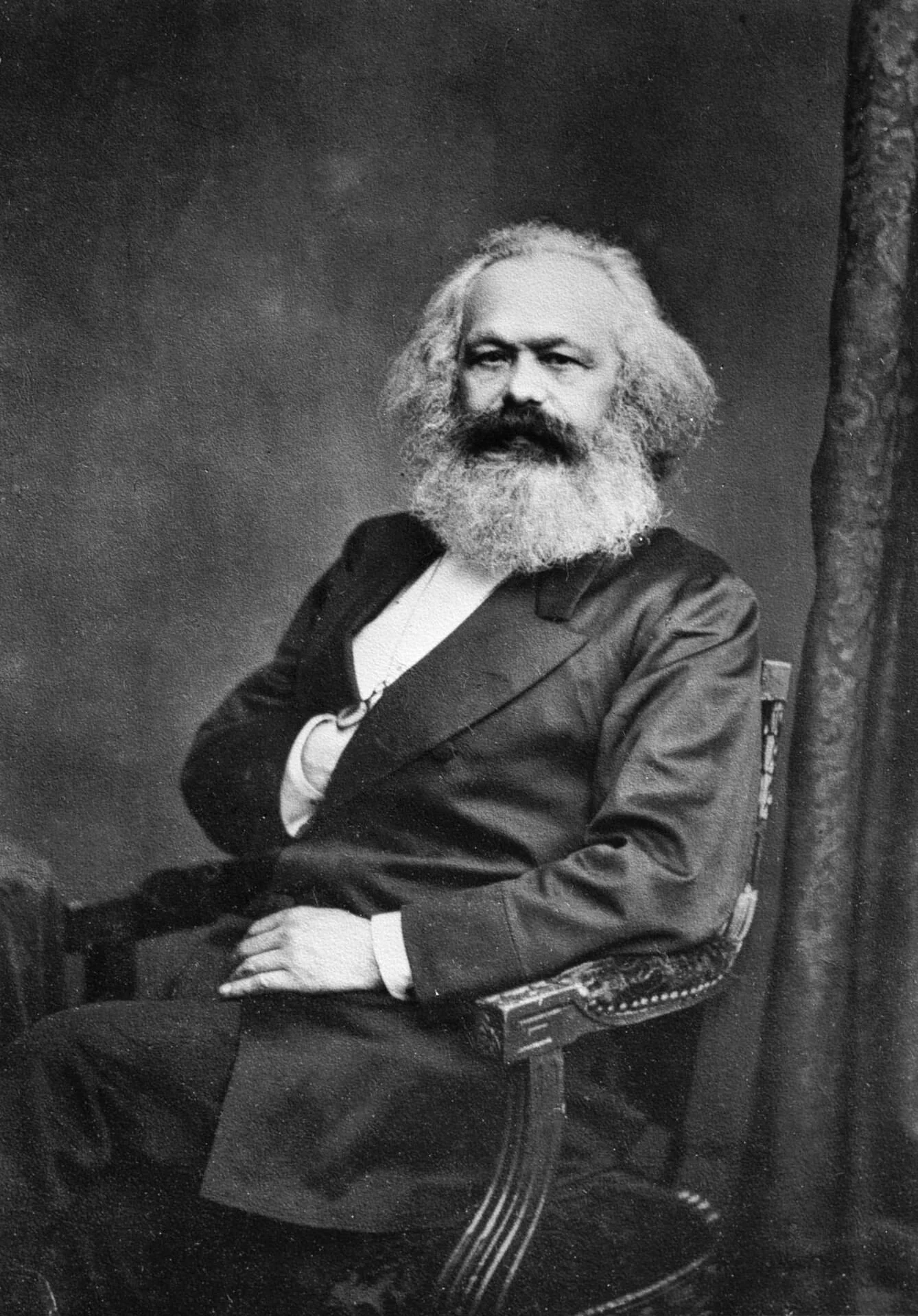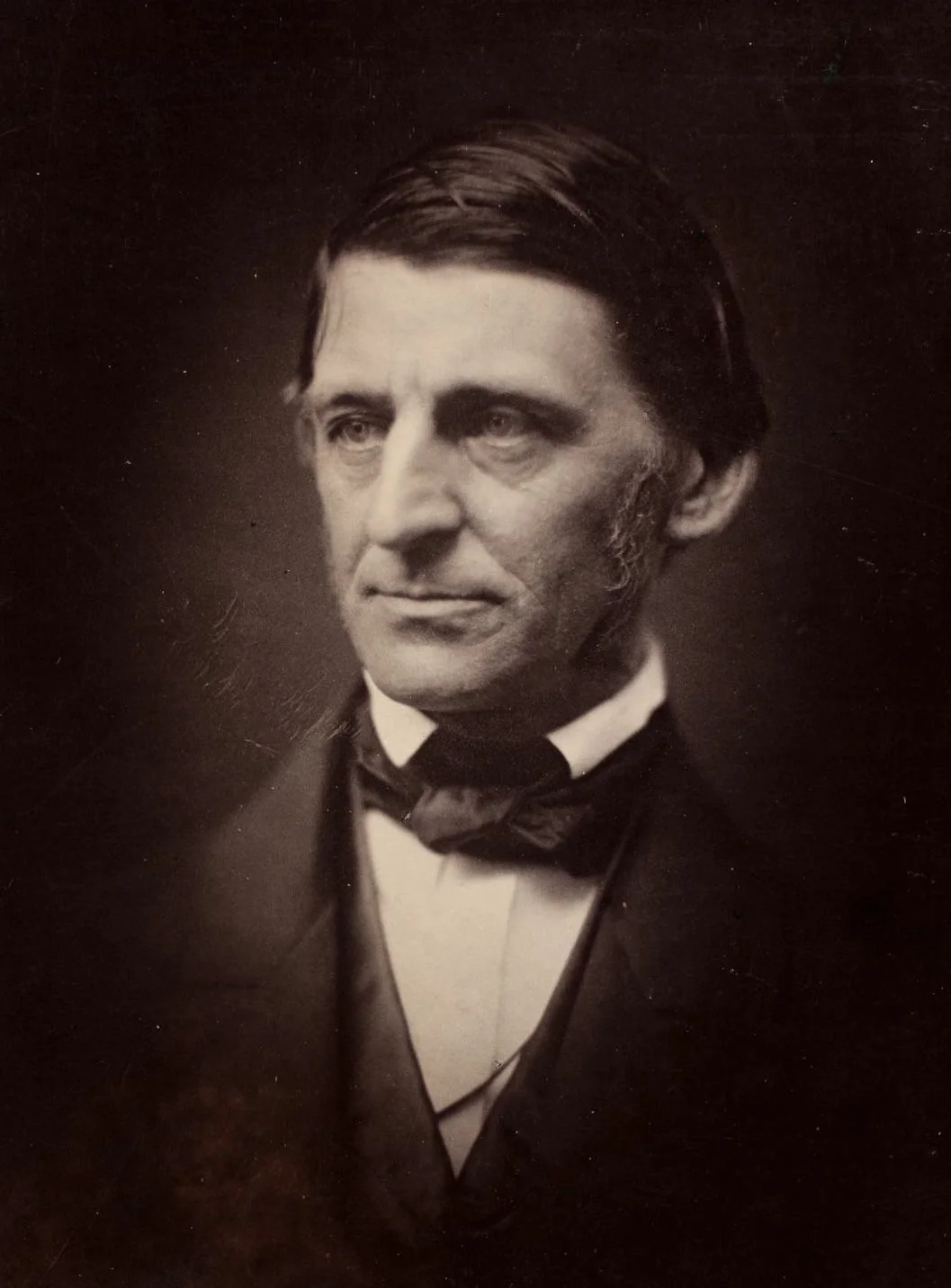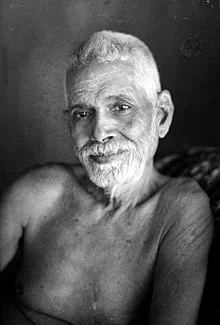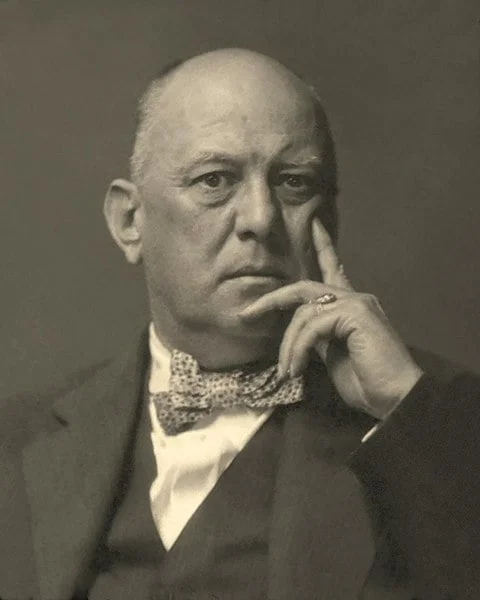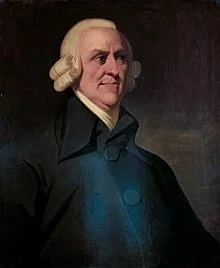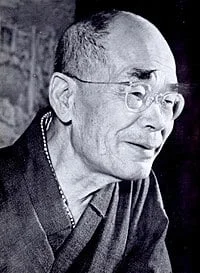Real Celebrities Never Die!
OR
Search For Past Celebrities Whose Birthday You Share
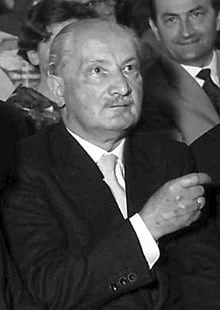
source:wikimedia.org
Martin Heidegger
Birthday:
26 Sep, 1889
Date of Death:
26 May, 1976
Cause of death:
Infection
Nationality:
German
Famous As:
Philosopher
Age at the time of death:
86
Martin Heidegger's Quote's
Early Life and Religious Beginnings
Martin Heidegger was born on September 26, 1889, in Meßkirch, Baden, to Johanna and Friedrich Heidegger. Initially, he pursued a religious path, training for the priesthood in 1903 and attending a Jesuit seminary in 1909. However, health issues forced him to leave, leading him to shift his focus to philosophy.
Academic Pursuits and Philosophical Inspiration
Heidegger was deeply influenced by the works of Edmund Husserl, a key figure in phenomenology. In 1914, he completed his thesis on psychologism, followed by a thesis on Duns Scotus in 1915. Although he failed to secure a Catholic philosophy post at the University of Freiburg, he worked as an unsalaried Privatdozent and briefly served in World War I. During this time, he married Elfride Petri, and they had two sons, Jörg and Hermann.
Teaching Career and Rise to Prominence
In the 1920s, Heidegger taught at the University of Freiburg and worked closely with Husserl. His academic career progressed when he was appointed to the University of Marburg in 1923. At Marburg, he connected with important philosophical figures like Rudolf Bultmann and Hannah Arendt. It was during this period that Heidegger published his most famous work, *Being and Time* in 1927, which brought him international acclaim.
Influential Works and Key Philosophical Contributions
In addition to *Being and Time*, Heidegger authored other major works such as *Kant and the Problem of Metaphysics* (1929), *Contributions to Philosophy* (1989), and *On the Origin of the Work of Art* (1935). His philosophy greatly influenced existentialism, phenomenology, and ontology. Heidegger’s focus on human existence, authenticity, and the nature of being left a profound impact on later philosophers like Hannah Arendt and Herbert Marcuse.
Involvement with the Nazi Party and Controversy
In 1933, Heidegger became rector of the University of Freiburg and joined the Nazi Party, aligning himself with Hitler’s regime. His administrative challenges led to his resignation from the rectorate in 1934, but he remained a party member until 1945. After World War II, his Nazi ties caused restrictions on his teaching, but he was eventually allowed to resume his academic career in 1950.
Post-War Contributions and Later Life
Despite the controversies, Heidegger continued to make significant contributions to philosophy after the war. His post-war works, such as *On Humanism* (1947), focused on the history of being, technology, and critiques of modernity. He remained an influential figure in philosophical circles throughout his later years.
Death and Legacy
Martin Heidegger passed away on May 26, 1976, in Freiburg in Breisgau, West Germany, at the age of 86. While his association with the Nazi Party has cast a shadow over his legacy, Heidegger’s philosophical ideas continue to influence thinkers and academic discussions on phenomenology, existentialism, and the nature of being.
Name:
Martin Heidegger
Popular Name:
Martin Heidegger
Gender:
Male
Cause of Death:
Infection
Spouse:
Place of Birth:
Meßkirch, Baden, Germany (German Empire)
Place of Death:
Meßkirch, Baden-Württemberg, West Germany
Occupation / Profession:
Personality Type
Advocate: Quiet and mystical, yet very inspiring and tireless idealists. Martin Heidegger, an idealist, was also associated with the Nazi party due to his idealistic beliefs.
Although born into a Roman Catholic family, Heidegger rejected this religion after studying the writings of Protestant thinkers like Martin Luther and John Calvin.
He has been widely accused of supporting the Nazi Party after he was elected a rector at the University of Freiburg in 1933.
Heidegger enjoyed spending time at his secluded vacation home in the Black Forest, where some of his philosophical ideas were shaped.
He has done great contributions to phenomenology, hermeneutics, and existentialism.
He is considered as one of the most important philosophers of the 20th century

